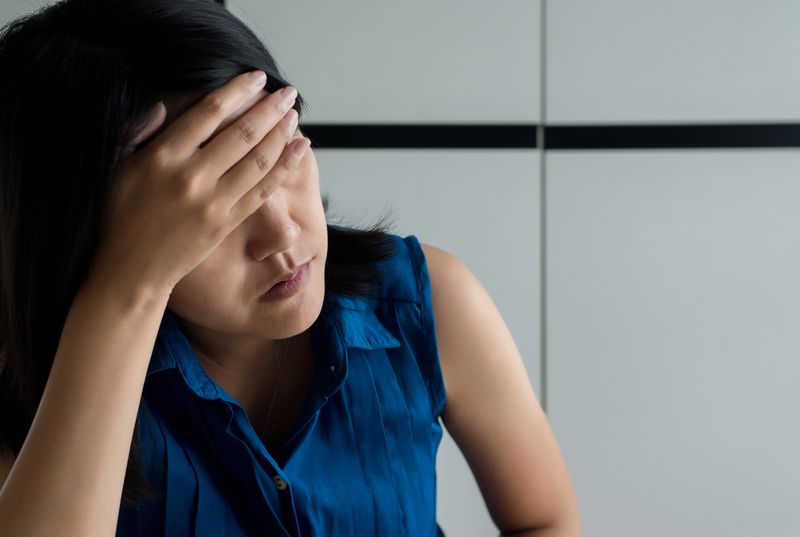How to Deal With Low Energy When Struggling Through Depression

Depression doesn't only affect your mental state; it often manifests physically, particularly as low energy or chronic fatigue. When you're grappling with depressive symptoms, mustering the energy for day-to-day activities can be challenging. While consulting a healthcare professional for a tailored treatment plan is crucial, several strategies can help manage low energy levels.
Prioritize Quality Sleep
A good night’s sleep can be surprisingly elusive when dealing with depression. However, quality sleep is crucial for mental and physical well-being, and poor sleep can exacerbate feelings of low energy and depression. Aiming for seven to nine hours of restful sleep can make a significant difference in your energy levels. Creating a bedtime routine can assist in improving sleep qualit Simple practices like avoiding screens at least an hour before sleep, keeping the bedroom dark and cool, and incorporating calming activities like reading or listening to soothing music can prepare your body for rest. Cognitive behavioral therapy for insomnia (CBT-I), a form of psychotherapy that targets the thoughts and behaviors that affect your ability to sleep well, has also proven effective.
Do a Detox
Poor diet can worsen depressive symptoms and contribute to low energy. Eating a lot of processed foods can spike your blood sugar and cause you to crash, leaving you even more fatigued. A detoxifying cleanse focused on eliminating processed foods, excessive sugars, and unhealthy fats can help reset your body and improve your energy levels. Include whole foods like fruits, vegetables, lean proteins, and whole grains. Opting for smaller, frequent meals throughout the day can help maintain steady energy levels. A registered dietitian can help tailor a nutritional plan that suits your specific needs. Some people also find that natural detox methods like herbal teas and increased water intake can flush toxins from the body, thus helping to improve overall energy levels.
Exercise Regularly
While the thought of exercising might seem overwhelming when you’re already low on energy, physical activity is proven to boost endorphin levels, which in turn helps to combat depression and low energy. You don't have to start with high-intensity workouts; even low-impact exercises like walking or cycling can have positive effects. Setting small, attainable goals can make the task less daunting. Perhaps start with 10 minutes a day and gradually increase as your energy levels improve. Exercise can be more manageable and enjoyable when incorporated into daily routines, such as taking a walk after dinner or doing some light stretching in the morning.
Managing low energy while struggling through depression is a complex endeavor. Prioritizing quality sleep, considering a dietary detox, and incorporating regular exercise are steps in the right direction, but they are not substitutes for professional medical advice and treatment. It's crucial to consult healthcare professionals like therapists and dietitians who can provide personalized strategies to address your specific symptoms. With a combination of professional guidance and self-care methods, improving your energy levels can become a more attainable goal, ultimately offering a glimmer of light in the daunting fog of depression.
Did You Enjoy Reading This Article? Here’s More to Read:
Techniques That Can Help Manage Your Stress

